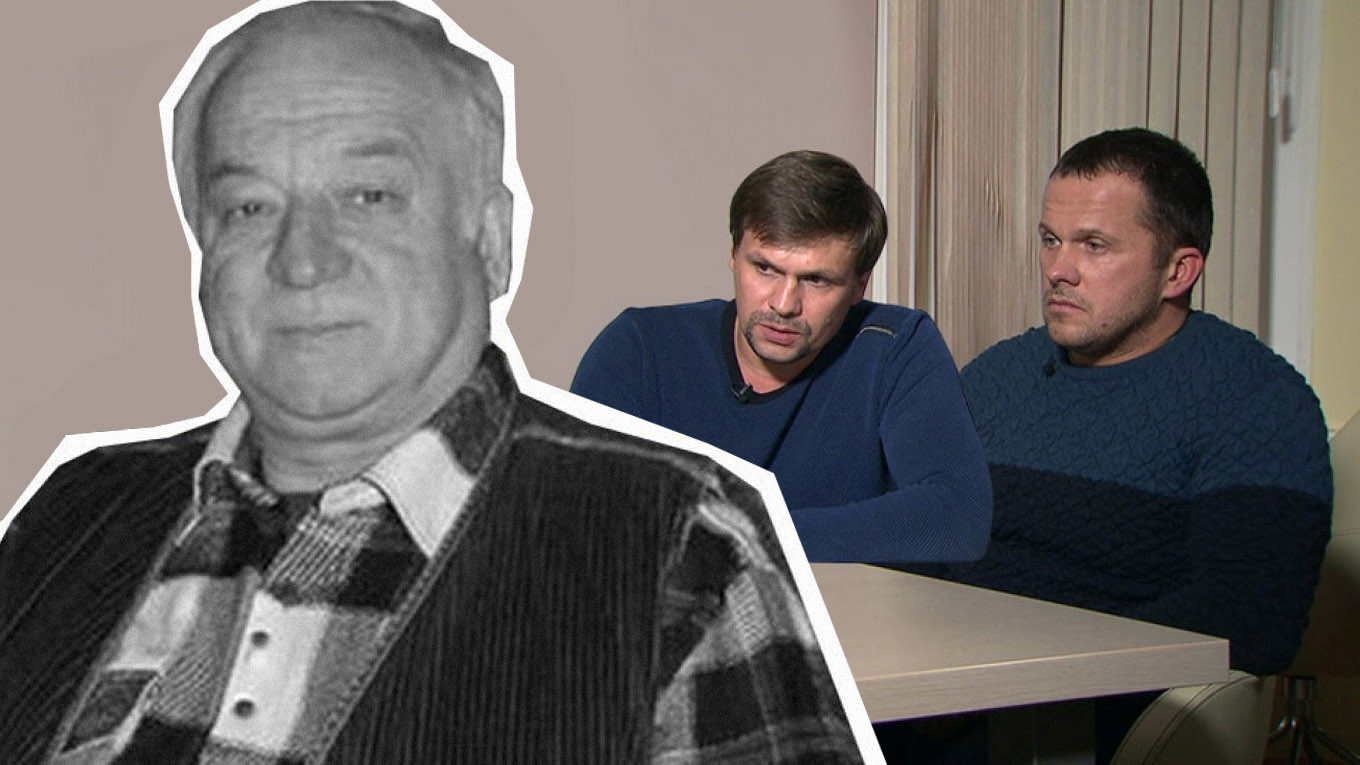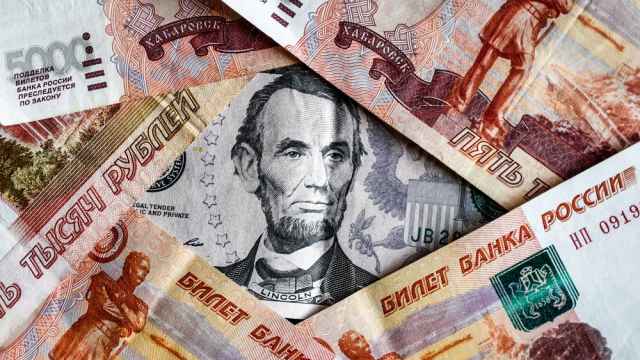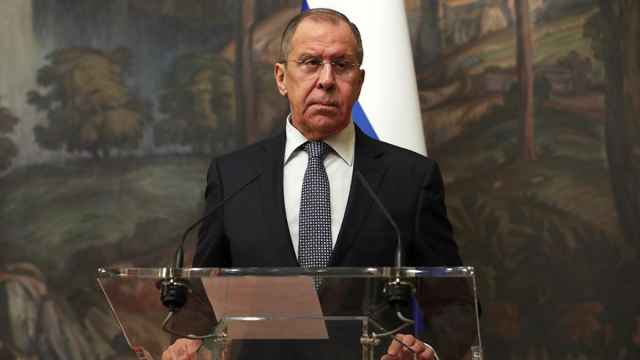A new round of U.S. sanctions on Russia over the poisoning of a former spy in Britain last year has gone into effect on Monday.
Washington imposed an initial batch of sanctions last year on Russia after determining that Moscow had used a nerve agent against a former Russian double agent, Sergei Skripal, and his daughter Yulia, in Britain. The Kremlin has repeatedly denied claims that Russia’s GRU military intelligence agency poisoned the Skripals in Salisbury in March 2018.
U.S. President Donald Trump signed the second round of sanctions after Russia failed to provide "reliable assurance" that it would no longer use chemical weapons. The new sanctions will remain in place for at least a year.
What do the new sanctions do?
- Block international financial institutions, such as the World Bank or the International Monetary Fund, from lending or providing any technical or financial assistance to Russia.
- Block U.S. banks from lending to Russia, except for purchasing food or other agricultural products.
- Authorize the U.S. Commerce Department to deny Russia export licenses for chemical and biological goods and technology.
Why were the sanctions imposed?
- The U.S. gave Russia a 90-day deadline in August 2018 to give "reliable assurance" that it would no longer use chemical weapons following the Skripal incident.
- “Russia did not provide the assurances required under U.S. law,” the White House said earlier this month. “So we are imposing a second round of sanctions.”
- The first round of U.S. sanctions in August 2018 terminated foreign assistance, some arms sales and financing and prohibited security-sensitive goods and technology exports.
A Message from The Moscow Times:
Dear readers,
We are facing unprecedented challenges. Russia's Prosecutor General's Office has designated The Moscow Times as an "undesirable" organization, criminalizing our work and putting our staff at risk of prosecution. This follows our earlier unjust labeling as a "foreign agent."
These actions are direct attempts to silence independent journalism in Russia. The authorities claim our work "discredits the decisions of the Russian leadership." We see things differently: we strive to provide accurate, unbiased reporting on Russia.
We, the journalists of The Moscow Times, refuse to be silenced. But to continue our work, we need your help.
Your support, no matter how small, makes a world of difference. If you can, please support us monthly starting from just $2. It's quick to set up, and every contribution makes a significant impact.
By supporting The Moscow Times, you're defending open, independent journalism in the face of repression. Thank you for standing with us.
Remind me later.






